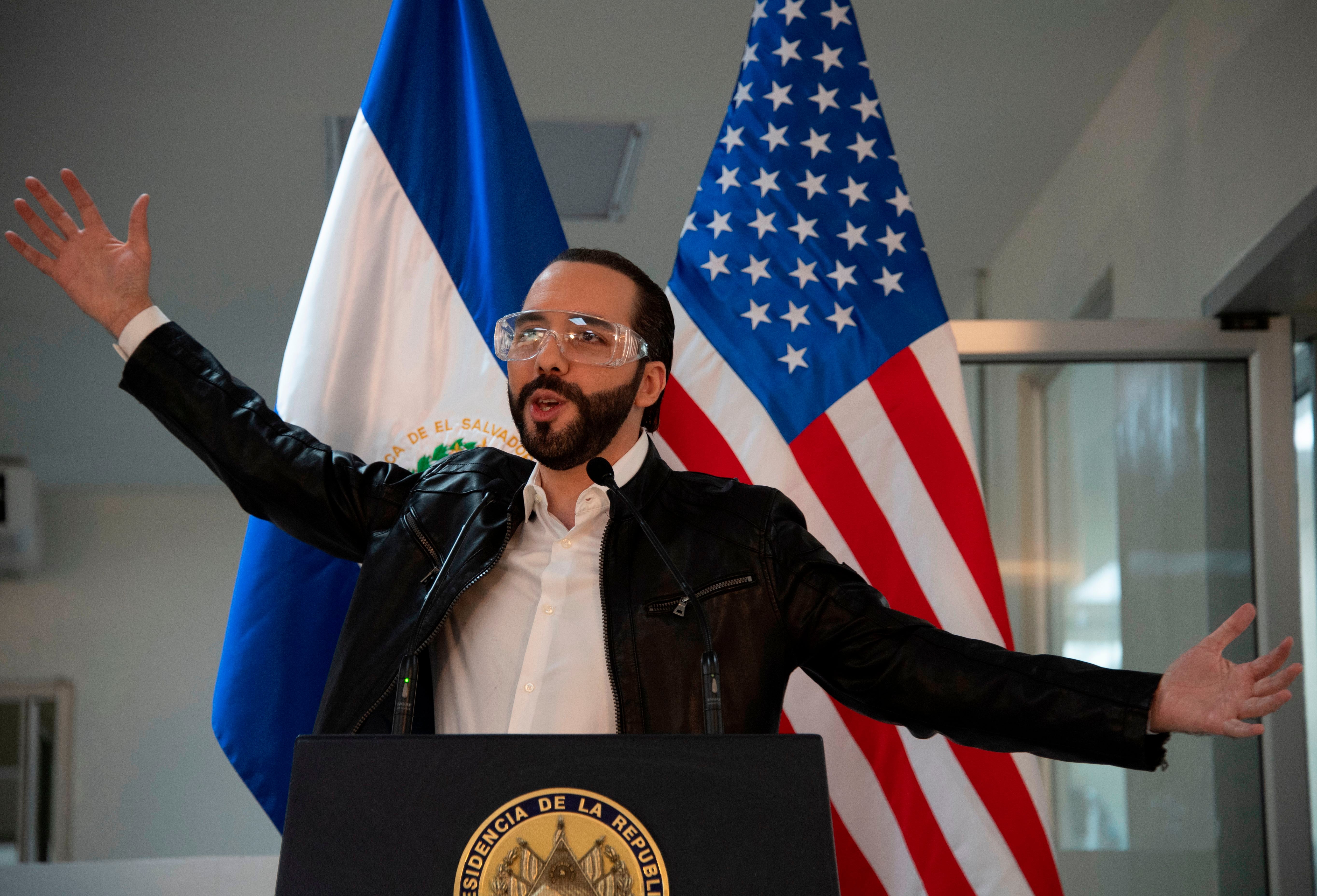El Salvador to use energy from volcanoes for bitcoin mining
Country’s President tweeted plans to build full bitcoin mining hub powered by geothermal energy from volcano

Hours after becoming the first nation to authorise bitcoin as a legal tender, El Salvador’s President Nayib Bukele instructed a state-owned geothermal electric company to plan to use geothermal energy from the country’s volcanoes for mining for the cryptocurrency.
“I’ve just instructed the president of @LaGeoSV (our state-owned geothermal electric company), to put up a plan to offer facilities for bitcoin mining with very cheap, 100% clean, 100% renewable, 0 emissions energy from our volcanos,” Bukele posted on Twitter.
The Bitcoin law was approved by a “supermajority” gaining 62 out of 84 possible votes within the Central American country’s congress.
In another tweet, Bukele said the country’s engineers have dug a new well to provide around 95 MW of 100 per cent clean – zero emissions – geothermal energy from the volcano.
“Starting to design a full Bitcoin mining hub around it,” he said along with a video of steam rising from a well.
The move comes amidst growing criticism of the environmental impact of bitcoin mining with experts pointing that the underlying network to produce the cryptocurrency now requiring nearly as much energy as the entire country of Argentina.
Bitcoin mining, a process that generates new units of the virtual currency, involves solving complex mathematical equations, that requires energy-intensive computer operations.
Despite a ban on the process in China, a majority of mining operations take place in the country and the problem is exacerbated since two thirds of the power to perform the computations comes from coal.
An analysis by the University of Cambridge noted that the bitcoin network uses over 121 terawatt-hours (TWh) annually, which would rank it in the top 30 electricity consumers worldwide if it were a country.
“We are concerned about rapid increasing use of fossil fuels for Bitcoin mining and transactions, especially coal, which has the worst emissions of any fuel,” Tesla chief executive Elon Musk had said last month as the company stopped receiving bitcoin as a payment mode.
But experts have also pointed that better access to cheap renewable energy would enable miners to gravitate towards them for clean production of the cryptocurrency.
Already in countries like Iceland and Norway, cryptocurrency miners are utilising cheap hydro-electric and geothermal energy to power their mining rigs.
“In its current status, the infrastructure that supports the bitcoin protocol cannot be sustained, but the beauty of the protocol is that the incentive structure will force miners to adopt the cheapest form of electricity, which in the near future will be renewable energy,” Don Wyper, COO of DigitalMint, had toldThe Independent in May.
Join our commenting forum
Join thought-provoking conversations, follow other Independent readers and see their replies
Comments
Bookmark popover
Removed from bookmarks